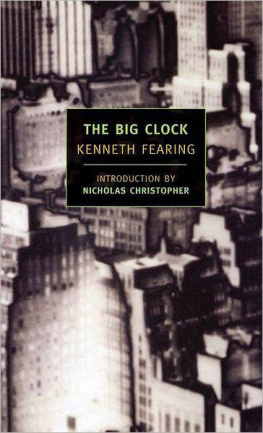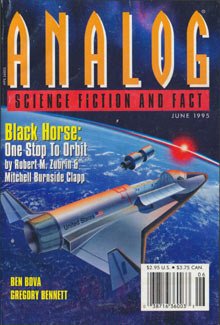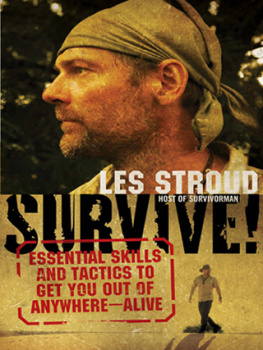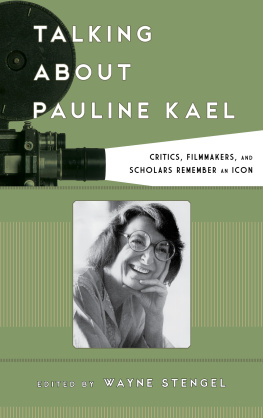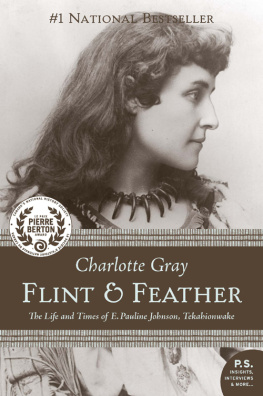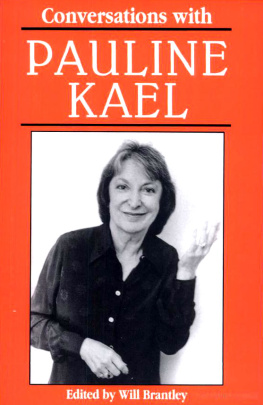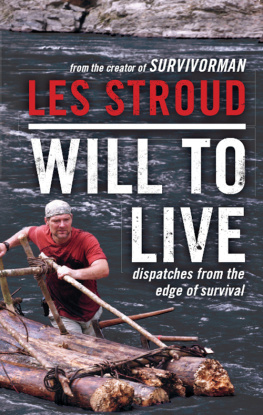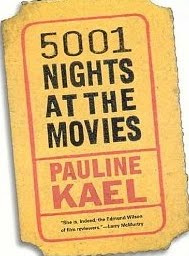TH E BI G CLOC K
by Kenneth Fearing 1946
For Nan George Stroud II George Stroud III George Stroud IV George Stroud V
Earl Janoth I . Earl Janoth II . Steve Hagen.. George Stroud VI George Stroud VII Edward Orlin .. George Stroud VIII Earl Janoth III.. Georgette Stroud . Emory Mafferson . George Stroud IX . Louise Patterson . George Stroud X . George Stroud XI.
I
FIRST met Pauline Delos at one of those substantial parties Earl Janoth liked to give every two or three months, attended by members of the staff, his personal friends, private moguls, and public nobodies, all in haphazard rotation. It was at his home in the East Sixties. Although it was not exactly public, well over a hundred people came and went in the course of two or three hours.
Georgette was with me, and we were introduced at once to Edward Orlin of Futureways , and to others in the group who had the familiar mark upon them. Of Pauline Delos, I knew only the name. But although there could not have been anyone in the organization who hadn't heard a great deal about the lady, there were few who had actually seen her, and fewer still who had ever seen her on any occasion when Janoth was also present. She was tall, ice-blonde, and splendid. The eye saw nothing but innocence, to the instincts she was undiluted sex, the brain said here was a perfect hell.
"Earl was asking about you a moment ago," Orlin told me. "Wanted you to meet somebody."
"I was delayed. As a matter of fact, I've just finished a twenty-minute conversation with President McKinley."
Miss Delos looked mildly interested. "Who did you say?" she asked.
"William McKinley. Our twenty-fourth President."
"I know," she said, and smiled. A little. "You probably heard a lot of complaints."
A man I recognized as Emory Mafferson, a tiny little dark fellow who haunted one of the lower floors, Futureways, also, I think, spoke up.
"There's a guy with an iron face like McKinley's in the auditing department. If that's who you mean, you bet there were complaints."
"No . I was truly and literally detained in a conversation with Mr. McKinley. At the bar of the Silver Lining."
"H e was," said Georgette. "I was, too."
"Yes. And there were no complaints at all. Quite the con
f
trary. He's making out quite well, it seems." I had myself another Manhattan from a passing tray. "He' s not under a contract, of course. But working steadily. In addition to being McKinley he's sometimes Justice Holmes, Thomas Edison, Andrew Carnegie, Henry Ward Beecher, or anyone important but dignified. He's been Washington, Lincoln, and Christopher Columbus more times than he can remember."
"I call him a very convenient friend to have," said Delos. "Who is he?"
"Hi s earthly alias is Clyde Norbert Polhemus. For business purposes. I've known him for years, and he's promised to let me be his understudy."
"What's he done?" Orlin asked, with reluctance. "Sounds like he materialized a bunch of ghosts, and can't put them back."
"Radio, " I said. "And he can put anyone anywhere."
And that was about all, the first time I met Pauline Delos. The rest of the late afternoon and early evening passed as always in this comfortable little palace, surrounded as it was by the big and little palaces of greater and lesser kingdoms than Janoth Enterprises. Old conversation in new faces. Georgette and I met and talked to the niece of a department store. Of course the niece wanted to conquer new territory. She would inherit several acres of the old territory, anyway. I met a titan in the world of mathematics; he had connected a number of adding machines into a single unit, and this super-calculator was the biggest in the world. It could solve equations unknown to and beyond the grasp of its inventor. I said: "That makes you better than Einstein. When you have your equipment with you."
He looked at me uneasily, and it occurred to me I was a little drunk.
"I' m afraid not. It was a purely mechanical problem, developed for special purposes only."
I told him he might not be the best mathematician on earth but he was certainly the fastest, and then I met a small legal cog in a major political engine. And next Janoth's latest invention in the way of social commentators. And others, all of them pretty damned important people, had they only known it. Some of them unaware they were gentlemen and scholars. Some of them tomorrow's famous fugitives from justice. A sizable sprinkling of lunatics, so plausible they had never been suspected and never would be. Memorable bankrupts of the future, the obscure suicides of ten or twenty years from now. Potentially fabulous murderers. The mothers or fathers of truly great people I would never know.
In short, the big clock was running as usual, and it was time to go home. Sometimes the hands of the clock actually raced, and at other times they hardly moved at all. But that made no difference to the big clock. The hands could move backward, and the time it told would be right just the same. It would still be running as usual, because all other watches have to be set by the big one, which is even more powerful than the calendar, and to which one automatically adjusts his entire life. Compared to this hook-up, the man with the adding machines was still counting on his fingers.
Anyway, it was time I collected Georgette and went home. I always go home. Always. I may sometimes detour, but eventually I get there. Home was 37.4 miles, according to the railroad timetable, but it could be 3,740 miles, and I would still make it. Earl Janoth had emerged from somewhere, and we said good-bye.
There was one thing I always saw, or thought I saw, in Janoth's big, pink, disorderly face, permanently fixed in a faint smile he had forgotten about long ago, his straight and innocent stare that didn't, any more, see the person in front of him at all. He wasn't adjusting himself to the big clock. He didn't even know there was a big clock. The large, gray, convoluted muscle in back of that childlike gaze was digesting something unknown to the ordinary world. That muscle with its long tendons had nearly fastened itself about a conclusion, a conclusion startlingly different from the hearty expression once forged upon the outward face, and left there, abandoned. Some day that conclusion would be reached, the muscle would strike. Probably it had, before. Surely it would, again.
He said how nice Georgette was looking, which was true, how she always reminded him of carnivals and Hallowe'en,
the wildest baseball ever pitched in history, and there was as usual a real and extraordinary warmth in the voice, as though this were another, still a third personality.
"I' m sorry an old friend of mine, Major Conklin, had to leave early," he said to me. "H e likes what we've been doing recently with Crimeways. I told him you were the psychic bloodhound leading us on to new interpretations, and he was interested."
"I' m sorry I missed him."
"Well, Larry recently took over a string of graveyard magazines, and he wants to do something with them. But I don't think a man with your practical experience and precision mentality could advise him. He needs a geomancer."
"It's been a pleasant evening, Earl."
"Hasn't it? Good night."
"Good night."
"Good night."
We made our way down the long room, past an atmospheric disturbance highly political, straight through a group of early settlers whom God would not help tomorrow morning, cautiously around a couple abruptly silent but smiling in helpless rage.
"Where now?" Georgette asked.
"A slight detour. Just for dinner. Then home, of course."
As we got our things, and I waited for Georgette, I saw Pauline Delos, with a party of four, disappearing into the night. Abandoning this planet. As casually as that. But my thought-waves told her to drop in again. Any time.
In the taxi, Georgette said: "George, what's a geomancer?"

